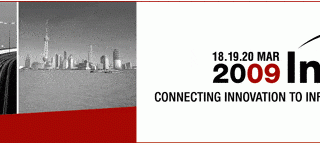International trade has become an integral part of the global economy, offering businesses lucrative opportunities for growth and expansion. Yet, navigating international trade presents its own set of challenges. In this blog, we will explore the key hurdles that businesses face when venturing into the realm of international trade. By understanding these challenges and having the right strategies in place, you can overcome them and thrive in the competitive world of global commerce.

Understanding Current International Trade Trends
Initially, exploring the present landscape of international trade, we dissect the impact of digitalization and e-commerce on global commerce. Subsequently, The ODM Group stands at the forefront of this digital revolution, adapting and guiding businesses through the evolving trends. These trends notably redefine supply chain management and demand adaptability.
Recent global events, such as pandemics and political changes, have had a substantial impact on international trade, disrupting supply chains and altering trade patterns. These developments highlight the need for resilient supply networks and diversified trade partnerships.
In response, businesses must adapt their strategies to navigate this evolving landscape effectively, with agility and informed decision-making becoming increasingly vital for success in today’s global economy.
Tackling the Challenges of International Trade: Strategies for Success
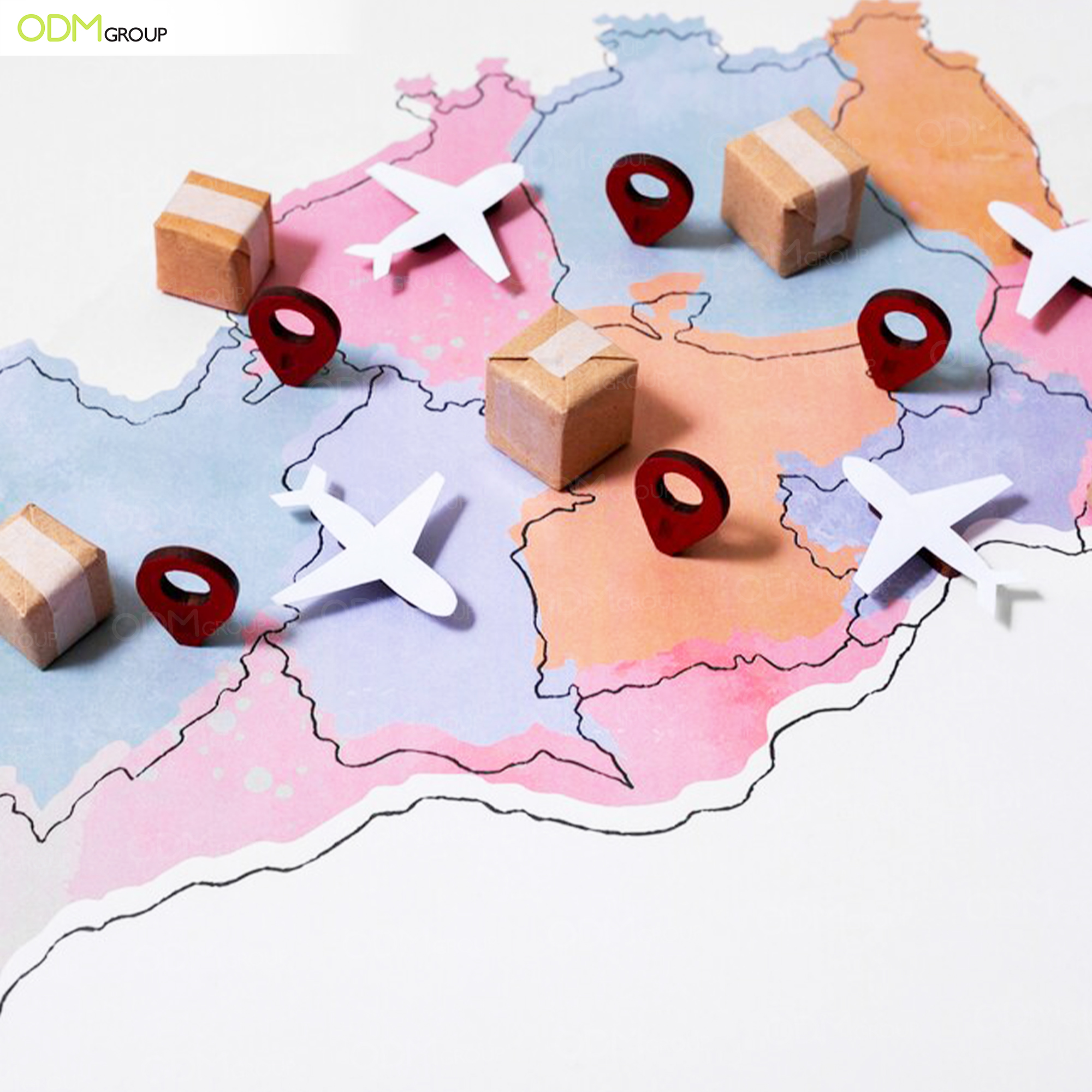
Trade Barriers: Obstacles to Market Entry
Tariffs, quotas, and import/export restrictions all present substantial hurdles to international trade.
Consequently, if businesses grasp target market policies and adhere to international trade rules, they can then design effective strategies.
Cultural Differences: Bridging the Gap
The ODM Group recognizes the importance of cultural acumen in international trade.
From cross-cultural training to adaptive marketing, businesses learn to build robust relationships with local partners, bridging gaps and fostering successful ventures in diverse markets.
Logistics and Supply Chain Management
International trade is a complex process requiring efficient logistics and supply chain management.
By partnering with experienced providers, utilizing technology-driven solutions, and conducting thorough risk assessments, businesses can streamline operations and navigate the complexities of international trade.
Currency Exchange and Financial Risks
Currency exchange rate fluctuations pose a significant challenge for international businesses, impacting pricing, profit margins, and financial stability.
However, by implementing hedging strategies, monitoring market trends, and collaborating with experts, businesses can effectively mitigate these risks.
Legal and Regulatory Compliance
Operating in various jurisdictions necessitates adhering to numerous legal and regulatory frameworks, including international trade laws, intellectual property regulations, and product safety standards.
So that, seeking legal advice, conducting due diligence, and maintaining transparency are crucial.
Intellectual Property Protection
The global economy is changing intellectual property protection, with counterfeit items, copyright infringement, and patent disputes posing substantial obstacles.
To safeguard their intellectual property, businesses may register trademarks, patents, and copyrights, establish robust monitoring systems, and take legal action against infringers.
Cultural and Political Unrest
Unexpected occurrences such as political instability, societal upheavals, and natural calamities can interrupt supply chains, corporate operations, and pose threats to international trade.
As a result, detailed risk assessments, supplier diversity, and contingency plans are critical for addressing these difficulties.
Effect on Merchandising Strategies

Trade barriers and tariff flux influence The ODM Group’s approach to product selection. With strategic alignment to trade norms, businesses under The ODM Group’s guidance adapt offerings, preserving market relevance and ensuring compliance with international regulations.
Businesses are adopting dynamic pricing strategies to adapt to currency fluctuations and taxation policies across diverse markets. This adaptive approach helps maintain profitability and competitiveness in the ever-evolving international trade landscape.
Additionally, companies can adjust their pricing models in response to these changes.
Logistical hurdles and supply chain disruptions prompt The ODM Group to champion resilient supply chain strategies. Through diversification and technology-driven solutions, businesses ensure consistent product availability, mitigating the impact of unpredictable international trade environments.
Strategic adjustments in merchandising become pivotal under The ODM Group’s guidance. Beyond survival, businesses thrive in the intricate and dynamic landscape of international trade, positioning themselves for sustained success.
Strategies to Overcome International Trade Challenges
Navigating the challenges of international trade requires careful planning and strategic approaches. Here are some effective strategies that businesses can employ to overcome these challenges:
1. Conduct Market Research
Before entering a foreign market, it is crucial to conduct thorough market research. Understand the local culture, preferences, and regulations. Identify potential competitors, market trends, and consumer behaviour.
This knowledge will help you tailor your products or services to meet local demand and navigate cultural differences.
2. Build Strong Relationships
Developing strong relationships with local partners, suppliers, and distributors is essential when operating in a foreign market. Partnering with local companies with knowledge and experience can help navigate legal and regulatory barriers, establish distribution networks, and mitigate cultural challenges.
Likewise, cultivating trust and fostering long-term relationships will ensure smooth operations and sustainability.
3. Adapt to Legal and Regulatory Frameworks
International trade involves dealing with different legal and regulatory frameworks. Stay updated with the laws and regulations of the countries you operate in.
Seek legal advice and ensure compliance with import/export regulations, customs duties, taxes, and intellectual property rights. Adhering to the legal requirements will minimize the risk of legal challenges and trade barriers.
4. Efficient Supply Chain Management
Managing a global supply chain can be complex, but ensuring timely delivery of products or services is crucial. Optimize your supply chain by identifying reliable suppliers, leveraging technology for real-time tracking, and streamlining logistics processes.
This will help minimize delays, reduce transportation costs, and improve customer satisfaction.
5. Mitigate Currency and Financial Risks
Fluctuating exchange rates and foreign exchange risks can significantly impact international trade. Implement risk management strategies such as hedging, forward contracts, or currency options to reduce uncertainty.
Establish relationships with financial institutions that specialize in international trade to navigate complex financial transactions and ensure economic stability.
6. Invest in International Talent
Building a team with international expertise can help overcome cultural and language barriers. Hiring staff with cross-cultural competence and language proficiency can facilitate effective communication, understanding, and negotiation with global partners.
Additionally, consider localizing your marketing materials and adapting your business practices to align with local customs and preferences.
7. Continuously Monitor and Adapt
The international trade landscape is constantly evolving. Stay informed about global economic trends, political developments, and regulatory changes that may impact your business.
Regularly assess your strategies, products, and services to ensure they remain relevant and competitive in different markets. Embrace innovation and be open to adapting your business model to stay ahead of the curve.
Adapting Merchandising Strategies
A key facet of adapting merchandising strategies involves embracing flexibility. Businesses need to cultivate a mindset that allows for quick adjustments to changing market conditions. Moreover, this adaptability is crucial for staying responsive to evolving trade dynamics and ensuring that merchandising strategies remain effective in diverse global markets.
Understanding market nuances is crucial for successful merchandising strategies. Through robust market research, businesses can tailor offerings to local preferences, regulations, and cultural nuances. Informed decision-making based on comprehensive market insights is essential for thriving in the complex international trade landscape.
International commercial issues necessitate fresh thinking in marketing methods. Accordingly, this entails devising unique ideas, leveraging technology, and implementing novel approaches to manage consumer behavior, demand fluctuations, and changing trade restrictions. As a result, businesses that embrace innovation are nimble enough to navigate global market difficulties.
More about international trading…
Dive deeper into the complexities and intricacies of international trade.
Global Product Sourcing: Raw Material Prices Continue to Skyrocket
What is new in the global product sourcing industry? The price of raw materials has increased amid the pandemic […]

Foreign Trade: Current Shipping Container Rates Have Soared 4 Times
The foreign trade industry in China has been facing hard times recently. Containers are increasingly difficult to order, which […]
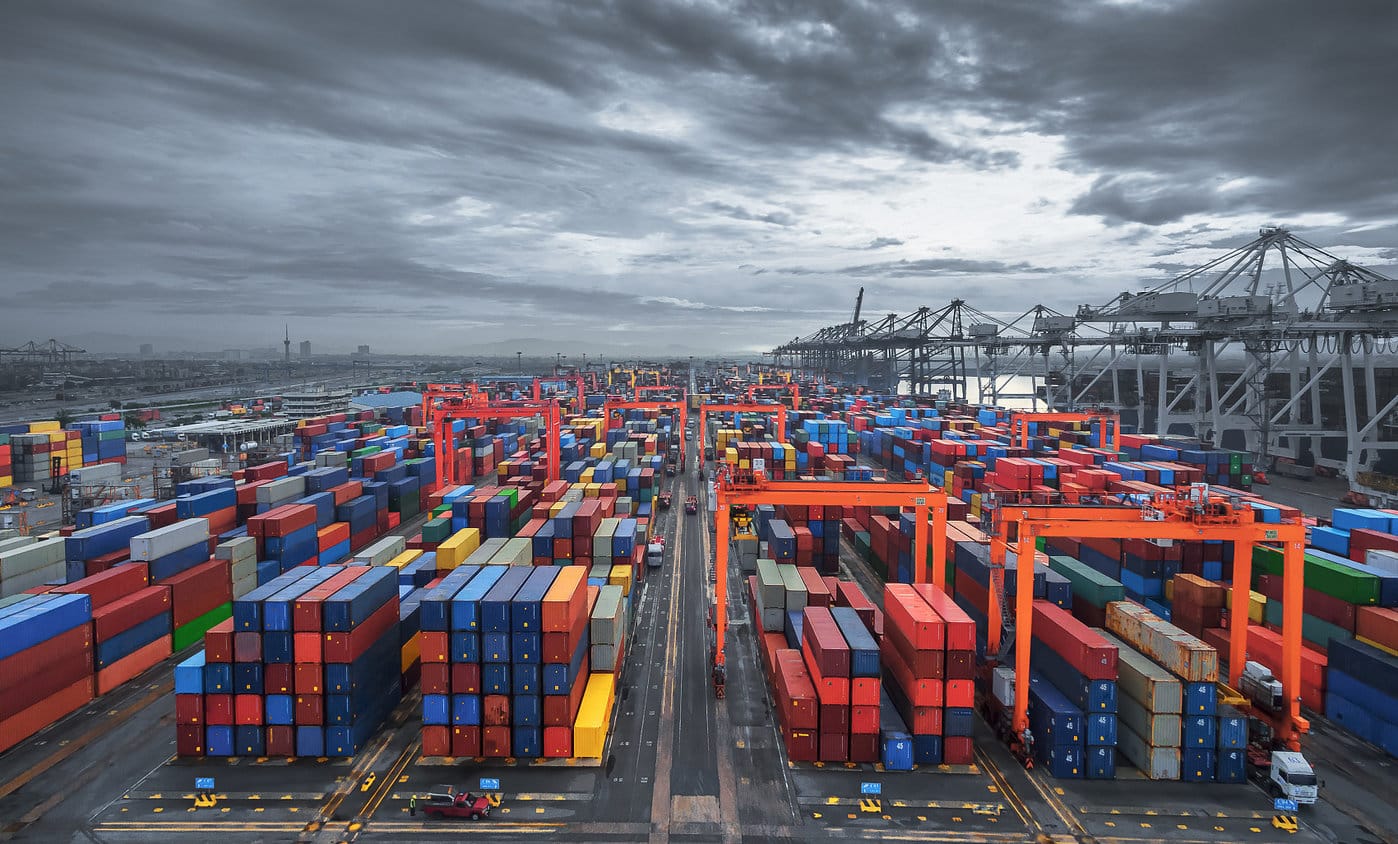
What is Transshipping: How to Stop Breaking the Law?
Moving goods from one destination to another is a common practice in international shipping. The process involves the coordination […]
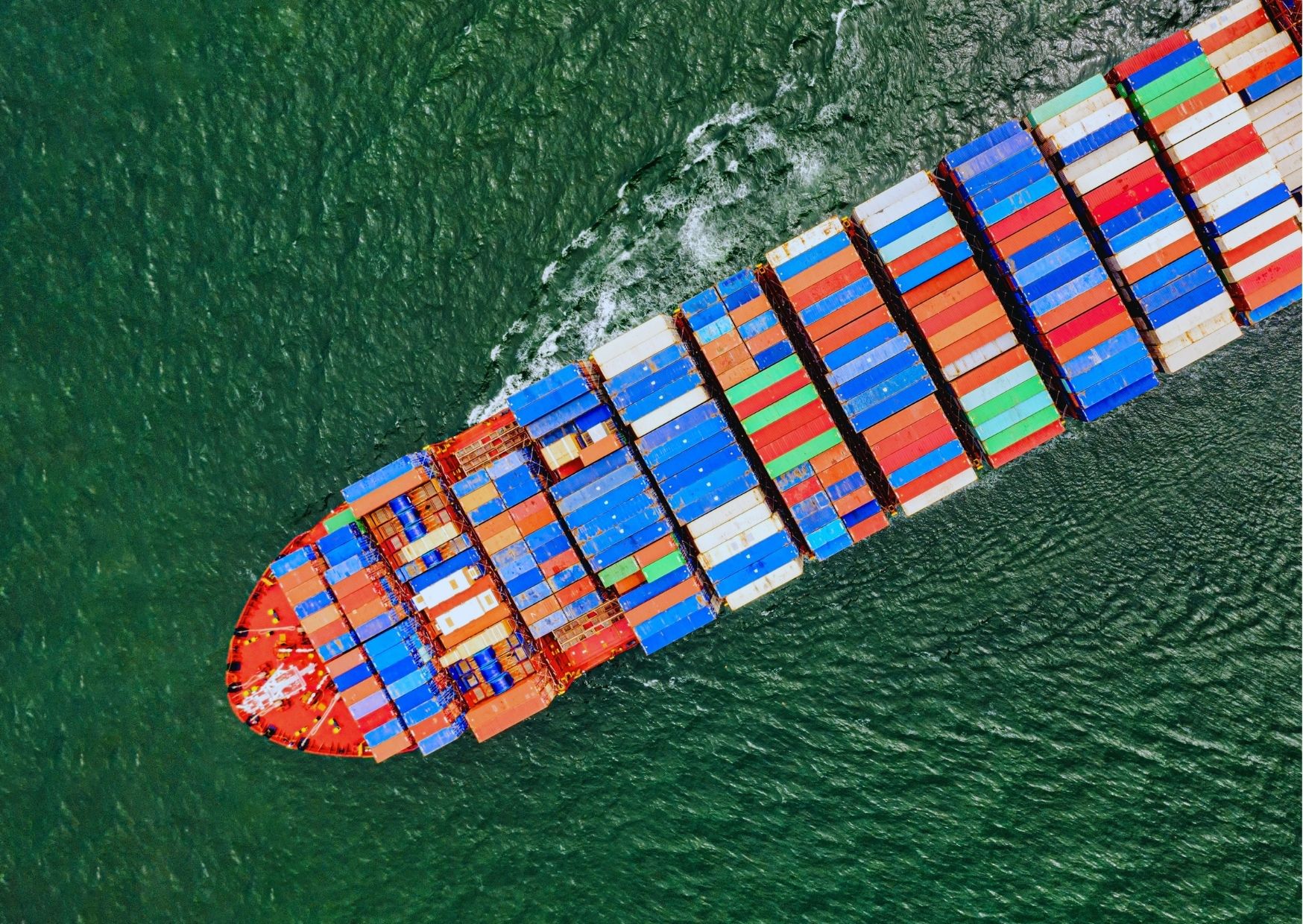
Know Your Incoterms: Who is Now Responsible for Costs?
Freight responsibilities, Shipping insurance, new incoterms coming into effect from January 2011, incoterms 2011 […]
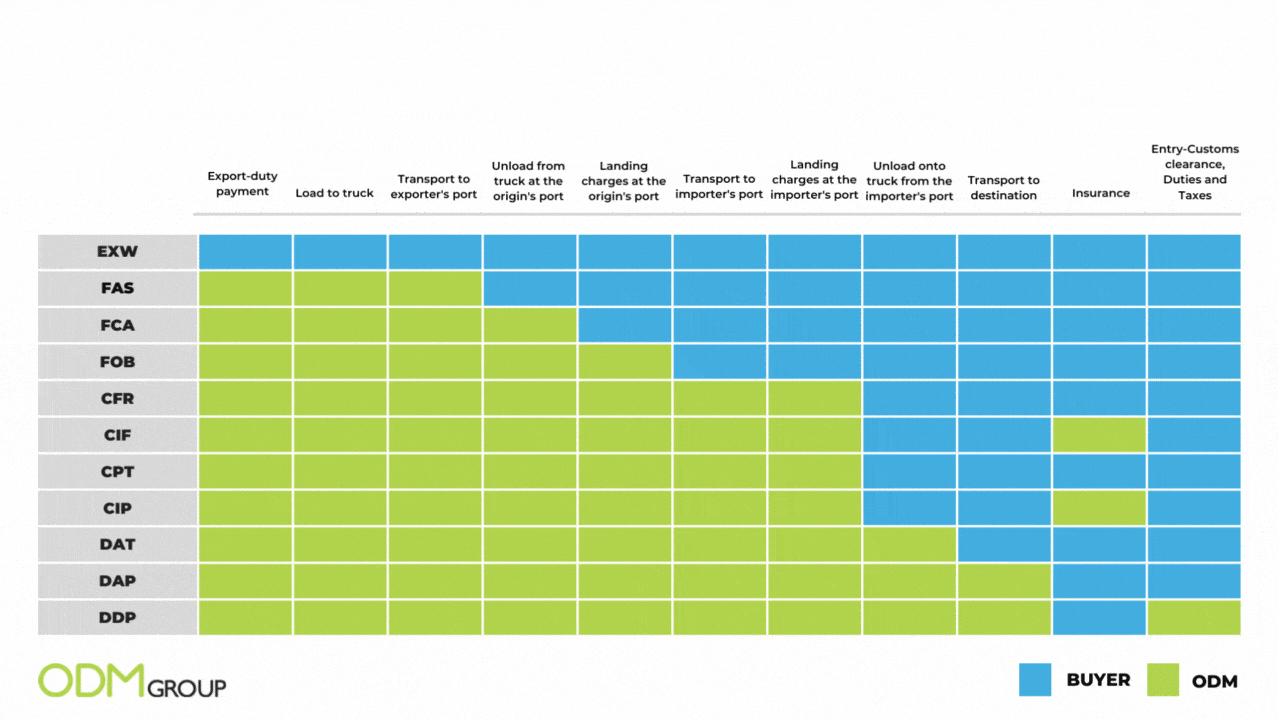
Future-Proofing Your Trade Journey with The ODM Group
In the ever-changing environment of international commerce, firms are at the crossroads of change and innovation. The ODM Group, a lighthouse of strategic direction, provides insight into future trends and a roadmap for developing robust merchandising strategies. As you prepare to traverse the ever-changing international trade scene, let The ODM Group’s insights serve as your guide for a future-proof path.
Challenges of International Trade FAQs
All you need to know about Challenges of International Trade!
How can businesses overcome trade barriers in international markets?
Businesses can overcome trade barriers by conducting thorough market research, understanding trade policies, and developing strategic partnerships with local entities. Additionally, engaging in trade negotiations and seeking support from governmental trade bodies can help navigate these hurdles.
How important is a cultural adaptation in international trade?
Cultural adaptation is vital in international trade as it allows businesses to understand and respect diverse customs, communication styles, and consumer preferences. By tailoring marketing strategies, adapting product offerings, and building relationships based on cultural understanding, businesses can establish strong market positions.
How can businesses protect their intellectual property in the global marketplace?
To protect intellectual property, businesses should register patents, trademarks, and copyrights in relevant jurisdictions. Implementing robust monitoring systems, conducting regular audits, and taking legal action against infringers are crucial steps to safeguarding intellectual property rights.


